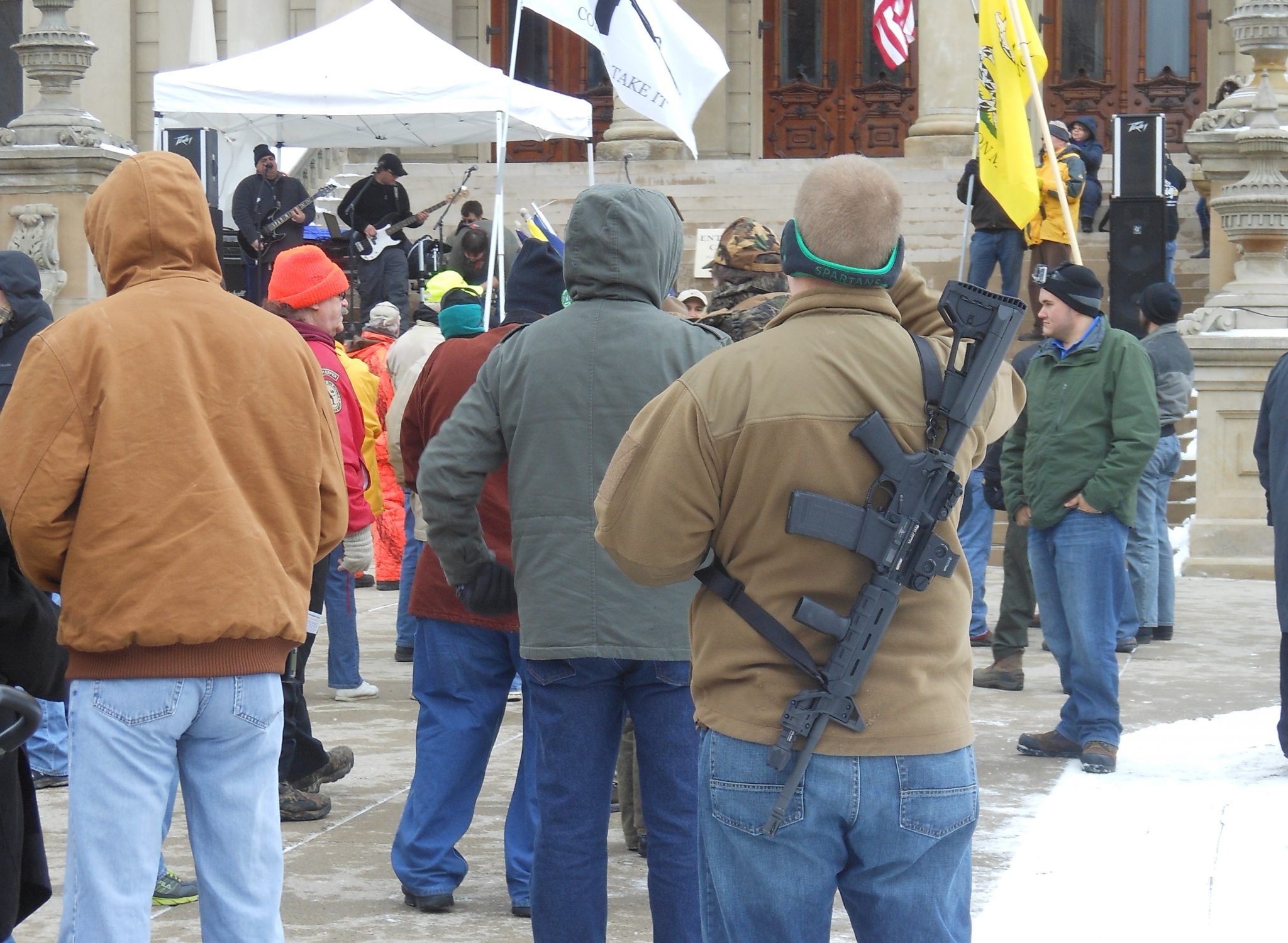What Role Do Media Play In Creating Mass Shooters?
Should journalists stop publishing names and photos of mass killers?

Every time a mass shooting happens in America, we start asking the same questions.
Who did it?
Why did he do it?
What was the weapon he used?
What system failed that could have stopped the shooter before he killed innocent people?
But what if these are all the wrong questions to ask? What we cling to in these discussions is a belief that Americanism is rooted an ability to own powerful guns. The Second Amendment reigns supreme and seems to squash any serious conversation about gun control.
Indeed the Second Amendment sets us apart in the world. But that uniqueness also comes with some tragic side-effects, according to gun crime data.
Research from The University of Alabama shows gun ownership per capita in the United States is far and away higher than any other country. Americans make up 4.4 percent of the global population, but Americans own 42 percent of the world’s guns. And we suffer for it — we have more mass shootings as well. The only other country that comes close to the United States in mass shootings and gun ownership — adjusted for population — is Yemen. That’s a country that has suffered through an ongoing and brutal war for many years.
So why, with these numbers in front of us, are we unable to talk about the problem we have in this country — the problem of guns and shootings?
Adam Lankford, professor of criminology at The University of Alabama, says we need to have a reckoning with these issues — including the media, and their role in making shooters famous.
On October 2nd, Lankford signed an open letter to the media, along with 149 other professors, experts in the field, and law enforcement officials:
“We strongly urge you to take a principled stand in your future coverage of mass killers that could potentially save lives:
1. Don’t name the perpetrator.
2. Don’t use photos or likenesses of the perpetrator.
3. Stop using the names, photos, or likenesses of past perpetrators.
4. Report everything else about these crimes in as much detail as desired.
We agree—and believe you will as well—that the particular sequence of letters that make up offenders’ names, and the particular configuration of bones, cartilage, and flesh that make up offenders’ faces are among the least newsworthy details about them. That information itself tells us nothing, and has no inherent value. However, by reporting everything else about these crimes in as much detail as desired, you can continue to fulfill your responsibility to the public.”
To hear Lankford discuss gun ownership on Detroit Today, click on the audio player above.

